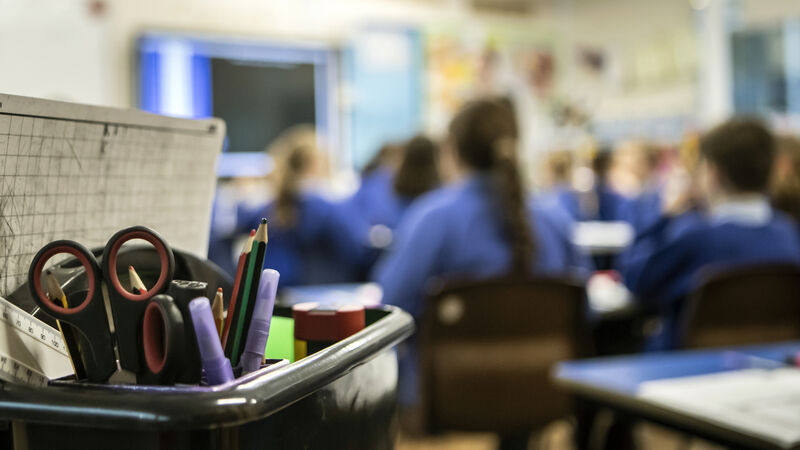'Not enough evidence' to support mandatory mask-wearing in primary school

Guidance sent to primary schools this week by the Department of Education described mandatory face-covering usage as "challenging" amongst childcare and primary schools.
Making face-coverings a requirement for younger children in school could have unintended consequences, such as increasing face-to-face contact, according to the HSE schools response lead.
Dr Abigail Collins, a consultant in public health medicine, said public health hasn’t seen enough evidence to support a recommendation that requires all younger children to wear face coverings in school.










